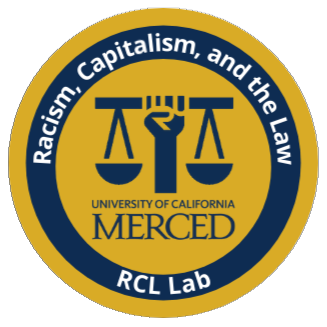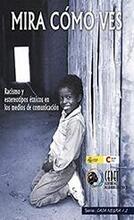In 2006, the Peruvian government passed a law that made racial discrimination a crime punishable by incarceration. This law, part of a multicultural reform in Peru, can be seen as an effective recognition of the reality of racism in Peruvian society. Such recognition, however, contrasts with official depictions of Peru as a country without racism, and of Peruvians as people who deny the existence of racism in their society. Based on semi-structured interviews conducted in Lima, this note explores everyday discourses on this issue. The findings show that Limeños recognize racism as a societal problem, but they adhere to a restrictive definition of racism and use rhetorical strategies that allow them to portray themselves as not racist. Their expressions of distaste for people of color demonstrate that racism persists in interpersonal discourses because of deeply embedded ideas about the inferiority of blacks and Indians.
Publications by Year: 2010
2010
This article explores how race and color labels are used to describe people in an Afro-Peruvian community. This article is based on analyses of 88 interviews and 18 months of fieldwork in an African-descended community in Peru. The analyses of these data reveal that, if we consider race and color to be conceptually distinct, there is no "mulatto escape hatch," no social or cultural whitening, and no continuum of racial categories in the black Peruvian community under study. This article considers the implications of drawing a conceptual distinction between race and color for research on racial classifications in Latin America.
Undocumented migrants are not criminals. Detention is not prison. Deportation is not punishment. These are truths in the legal system of the United States. However, undocumented migrants are treated like criminals; detainees feel as if they are in prison; and deportees experience their exclusion as punishment. This article examines the contradictions between legal arguments which indicate that immigration proceedings are not criminal proceedings and the experiences of deportees who often feel as if they were treated like criminals and that banishment from the country in which they have lived most of their lives is a cruel punishment.


